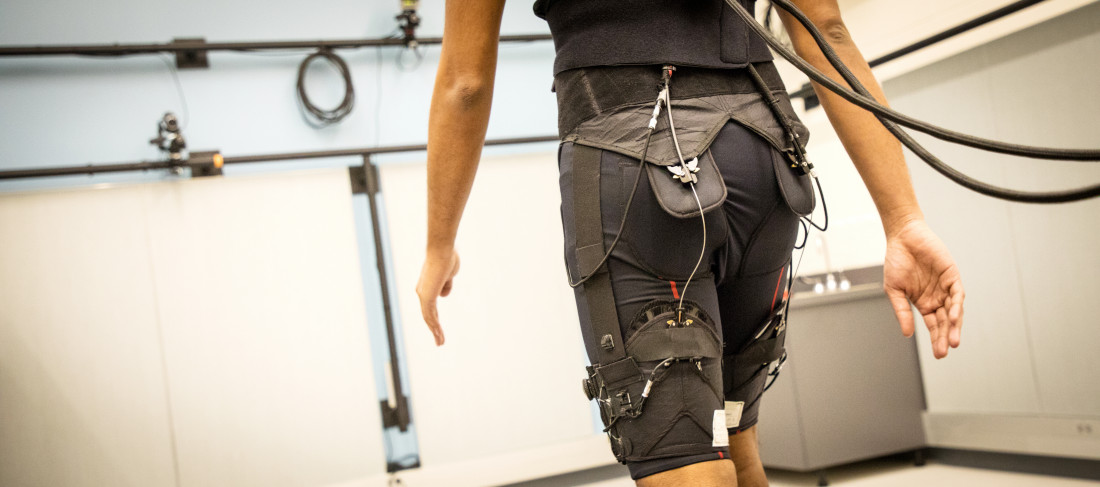Giving the power of mobility back to those who suffer from health problems like arthritis or fibromyalgia is no small task for scientists. The difficulty associated with developing walking aids for people with these problems largely comes from how different everyone's body is. Indeed, few individuals have precisely the same walking difficulties.
However, according to Engadget, one team of researchers from Harvard University seem to have finally developed a universal solution for walking assistance. Some exosuits in development are a bit on the bulky side but Harvard's solution comes in the form of what is essentially a pair of "soft exosuit," high-tech shorts.
To ease some of the difficulties associated with developing a mobility aid for so many different individuals, Harvard researchers are taking advantage of an algorithm to do a lot of the heavy lifting. Instead of needing to calculate for every mobility-impaired person's body manually, Harvard's algorithm can automatically take into account factors like an individual's breathing rate and how they walk during a quick setup period to "individualize hip assistance."
"Optimization and learning algorithms will have a big impact on future wearable robotic devices designed to assist a range of behaviors," said research team member Scott Kuindersma. "These results show that optimizing even very simple controllers can provide a significant, individualized benefit to users while walking. Extending these ideas to consider more expressive control strategies and people with diverse needs and abilities will be an exciting next step."
As far as real results go, researchers say the "combination of the algorithm and suit" reduced metabolic expenditure by a whopping 17.4 percent compared to regular walking. These results are a 60 percent improvement over what the research team was previously able to accomplish.
